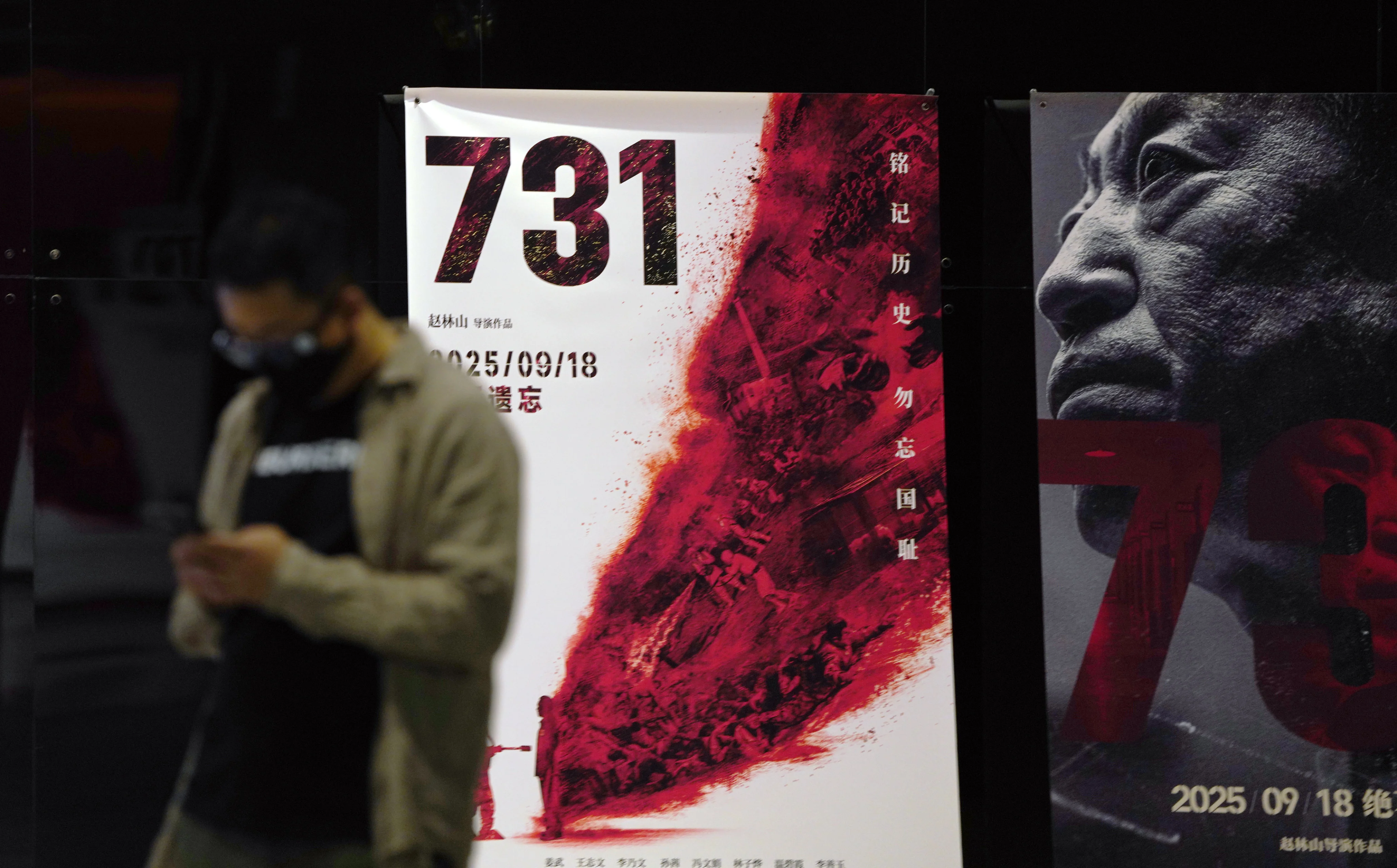By Alcott Wei
Copyright scmp

Air raid sirens sounded in more than 100 cities across mainland China on Thursday to mark the anniversary of the “Mukden Incident” in 1931, the beginning of Japan’s invasion of China.
The incident refers to the evening of September 18 when the Japanese Kwantung Army in Shenyang, Liaoning province, used an explosion on the South Manchuria Railway as a pretext for an invasion and quickly occupied three northeastern provinces.
Many Chinese view the incident as a day of national humiliation.
But in an editorial on Thursday, Communist Party mouthpiece People’s Daily said China’s rejuvenation was “unstoppable”.
The comment echoed President Xi Jinping’s address during a military parade to mark the 80th anniversary of China’s Victory Day on September 3.
The commentary did not directly mention the Mukden Incident but began with the statement: “An important day in history is bound to be a significant moment in history.”
Leaders from dozens of countries attended, including Russian President Vladimir Putin and North Korea’s Kim Jong-un.
Before the parade, Tokyo reportedly asked foreign leaders not to attend, warning that the festivities carried anti-Japanese overtones.
Thursday also saw the nationwide release of 731, a film about a Japanese unit that conducted biological and chemical warfare experiments on civilians in northeastern China. It is being released overseas as Evil Unbound.
The Chinese foreign ministry said films and TV series about the war of resistance against Japan “serve as a reminder to the world to learn from history and cherish peace”.
According to Lighthouse Professional Edition, a Chinese box office website, 731 had more than 100,000 screenings on its first day, accounting for over 99.7 per cent of the total, and pulled in more than 200 million yuan (US$28.13 million) in revenue.
Several other films and TV series have been released this year about the war of resistance against Japan.
The film Nanjing Photo Studio, which depicts the Nanjing massacre of 1937, topped the Chinese summer box office, earning more than 3 billion yuan.
Citing rising anti-Japanese sentiment, the Japanese embassy in Beijing last week warned Japanese nationals in China to be vigilant and take extra precautions when travelling with children.
On September 18 last year, a 10-year-old Japanese-Chinese boy was stabbed to death by a Chinese man while walking to school in Shenzhen, Guangdong province.
Kyodo News reported that the Shenzhen Japanese School would suspend classes on Thursday. It also reported that the Shanghai Japanese School would switch to online classes and that the Japanese School of Beijing would strengthen security measures.
Sirens have been sounded across China on September 18 since 2011, when anti-Japanese sentiment flared over a territorial dispute with Japan involving the Diaoyu Islands, which Japan calls the Senkaku Islands.
Meanwhile, Japan’s deployment last week of the intermediate-range Typhon missile system during its joint military exercises with the US sparked strong opposition from Beijing.



